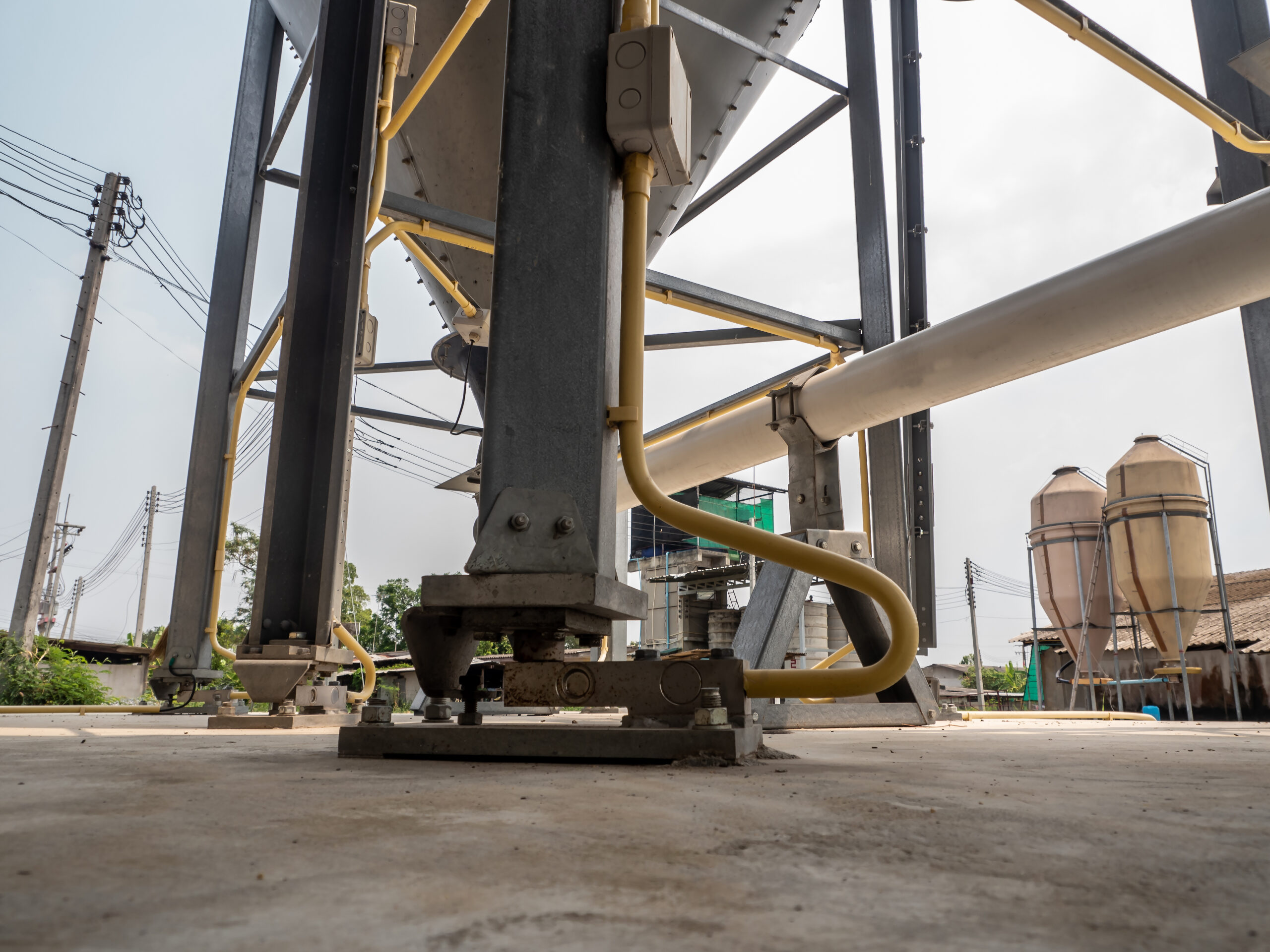Take any factory premises and think about the most valuable asset present there; you might be thinking of the million-dollar machines used in the factory. But what if we say there’s an asset even more valuable? Yes, we mean the human resources working there.
Manufacturing facilities are filled with heavy machinery that, if not managed properly, can turn out to be fatal for your company employees. Even though most modern facilities are equipped with high-tech cameras and alarms, they might not be able to address these challenges efficiently.
This is where the need for a force load cell weight sensor comes into play. In this article, we dive a little deeper to get a proper idea of how a smart weight sensor can truly be a boon for your manufacturing facility.

What Are Force Load Cell Weight Sensors?
These devices are built especially to note any changes in weight or the force exerted by an object due to its weight. Based on specific usage, they are available for various needs as well.
In manufacturing environments, weight sensors are typically integrated into the floors, platforms, or support structures of sensitive areas. They continuously monitor the weight-bearing surfaces for any unusual or unauthorised loads. When unexpected weight changes are detected, the sensors trigger alarms, notifying designated personnel or automated security systems.
What Are The Applications For These Weight Sensors In Manufacturing?
To understand the true utility offered by these cells, first, we need to understand what their applications are:
Asset Protection
The manufacturing equipment is quite costly to buy; take any industry, for example; since this equipment ensures that your factory works, you want to protect such machines from any damages or theft.
The force load weight sensors can get this job done for you by instantly alerting security personnel to any unauthorised movement or tampering with equipment. For instance, if someone attempts to remove a valuable machine or tools from a secured area, the weight sensors can trigger an alarm, preventing theft.
Proper Security Compliance
All the manufacturing units need to adhere to a long list of safety regulations, especially in the case where the materials dealt with are hazardous. Here also, a compression load cell can assist in maintaining compliance by monitoring the handling and storage of hazardous materials.
If there is any deviation from standard procedures, such as an excess load on a storage tank, the weight sensor can auto automatically initiate safety protocols and alert relevant personnel to prevent potential disasters.
Monitoring The Access Points
The access points to your manufacturing plant are where the material, both raw and finished, moves in and out. By strategically placing a force load cell weight sensor at the access point, you can keep a check on who enters and exits.
By detecting unauthorised access, this force load cell weight sensor can trigger alarms, enhancing security measures and ensuring only authorised personnel are in the vicinity.
Benefits Of Using Weight Sensors
Now that you have a fairly good idea about the application of a small weight sensor, it’s time we get to know about its benefits.

Reduced Costs
Since all sorts of weight or force exertions are measured in the manufacturing unit, the chances of theft or accidents are reduced to almost negligible; this not only saves the equipment replacement costs but also gives you peace of mind.
Customisation
Weight sensors for inventory management can be customised to meet the exact needs of a manufacturing facility. You might have a large facility or even a small manufacturing plant; you can get bespoke weight sensors to match your requirements.
Enhanced Safety
When your factory floor has a force load cell weight sensor, it can effectively negate any chances of worker injury. Since all the hazardous materials are under the watchful eye of these weight cells, even the slightest unrequired movement will trigger the safety protocols.
Real-time Monitoring
With such a force load cell weight sensor installed in your factory, you can easily find out if there is something wrong. Moreover, even the slightest here and there of important equipment can trigger an alarm. This helps you stay at the top of any sort of security breach.
Quality Assurance
In a manufacturing setup, even a small mistake can cost you a full batch cancellation. This is why accurate weight measurements are important, and a force load cell weight sensor can get the job done with ease. This ensures all the products that go out of your factory are of top-notch quality.
What Are The Challenges To Installing A Load Cell Weight Sensor?
There are some challenges you might face while installing such sensors at your manufacturing unit; these are:
- Sensors need to be calibrated to ensure that there are no disturbances on account of fake alarms, especially when heavy loads are being transferred from the premises.
- A high initial coat can be a downside while installing these sensors.
- To ensure proper functioning, these sensors may require proper care, so that is also something to consider.
Conclusion
Not that we have reached the end of this article, but we hope you have gained tremendous insights into what a force load cell weight sensor is. With the above-mentioned merits and utility, you know that despite a few constraints, the value offered by these sensors actually takes centre stage. So adopt and be the change by installing these sensors at your manufacturing unit and make your company future-proof.



